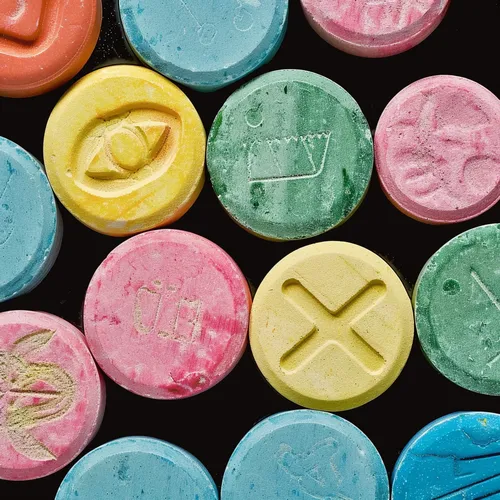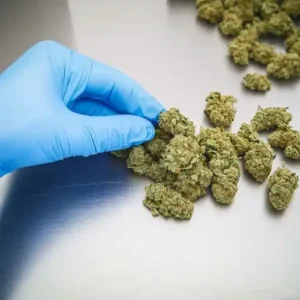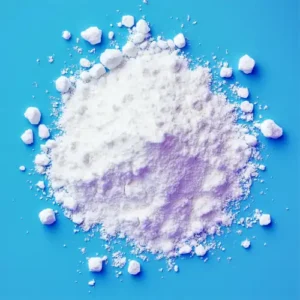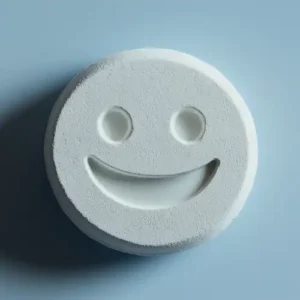Recently there have been several cases reported of people, who had taken what they believed to be ecstasy, finding out, in actuality, that it had been “cut” with PMA or PMMA. The truth is, there are times when the MDMA, which is found in ecstasy tablets, has been entirely replaced by PMA or PMMA.
Just to make things a little more confusing, PMA is sometimes sold as ecstasy. The street names for both drugs are often the same. It is often difficult to tell the difference between ecstasy pills and PMA because they often look alike, and when in powder form, both look similar to each other.
PMA, what is it?
In low dosages, PMA appears to have an effect similar to MDMA (this is the chemical you find in ecstasy). It can make you feel energised, alive, and feeling alert. However, PMA has a greater toxic effect than MDMA, which means that even by taking less, it is possible to have an adverse reaction to the drug. It requires more time to cause an effect than does MDMA. It is easy to see why this combination of drugs is considered dangerous.
Regular users of ecstasy know the effects of MDMA. They are aware of how long it takes for the pill to give the desired effect. The pills they are taking, even if they trust the person selling to them, might be cut with several different things, which could make it less potent. If the user does not get the expected reaction in the usual time, he may well assume that this particular batch is weak and consume more in order to get the desired effect. If what he is taking is actually PMA, the results could be extremely dangerous.
When taking MDMA, it is very unusual for people to get to toxic levels. Most commonly, MDMA related deaths, are from drinking too much fluid, heart failure, or heatstroke. You have to remember that PMA becomes toxic at lower dosages than MDMA. Also, there is a very steep dose-response curve. What this really means is that by taking only a slightly larger dose than is needed to get the high that is wanted by the user, it can be enough to create the toxic effects. This makes it easy to accidentally overdose. Some of the toxic effects are, a rapid increase in body temperature, blood pressure raised, and you can experience an increased heart rate. It has been reported, by some users, that they have experienced delirium and seizures.
PMA or PMMA – the Dr Death Drug
For a number of years PMA, and the similar drug PMMA, have become known by the slang name, “Dr Death Drug” due to the high level of fatalities associated with it. As recently as October 2021, traces of PMMA has been found disguised in MDMA as yellow crystals.
How do you know which you are taking?
Unfortunately, the answer is there is no way for you to know. As a matter of fact, there is no way for you to ever know for sure that any pills or liquid, or powder contains what you have been told it does. Also, you can never know for sure what your reaction to a particular drug may be. Each individual is different and so are their reactions.
What should I do if I do not feel well?
If, after you have taken something, you find that you begin to feel poorly, stop and take the time to look after yourself. If you feel you need help, be sure to ask for it. If you find the problem is not improving or is even getting worse, it is important for you to get medical assistance right away.
What Are the Signs of PMA Overdose?
PMA overdose can lead to severe and potentially life-threatening consequences. Understanding the signs and symptoms is crucial for seeking prompt medical attention. Some common indicators of PMA overdose include:
- Increased body temperature (hyperthermia): PMA can cause a rapid and dangerous spike in body temperature, leading to heatstroke-like symptoms such as hot, flushed skin, excessive sweating, and a rapid heartbeat.
- High blood pressure: PMA can cause a significant rise in blood pressure, which can strain the cardiovascular system and increase the risk of complications like stroke or heart attack.
- Seizures: PMA overdose has been associated with a higher risk of seizures, which can be life-threatening if not treated immediately.
- Agitation and confusion: Users may experience extreme agitation, anxiety, confusion, and even delirium or psychosis.
- Muscle rigidity and involuntary contractions: PMA can cause muscle stiffness, spasms, and uncontrollable movements, which can be a sign of a serious condition known as serotonin syndrome.
If you or someone you know experiences any of these symptoms after taking what was believed to be ecstasy, seek emergency medical help immediately. Delayed treatment can increase the risk of severe complications or even death.
How to Identify PMA-Laced Drugs
Unfortunately, it’s nearly impossible to visually distinguish PMA or PMMA from MDMA or other substances in pill or powder form. The only way to know for sure is through chemical analysis, such as drug testing kits or laboratory testing. However, here are some general tips:
- Be cautious of unusually colored pills or powders, as they may contain adulterants.
- Trust your instincts if the effects seem “off” or different from typical MDMA experiences.
- Purchase test kits and use them before consuming any substances.
Remember, the safest approach is to avoid illegal drugs altogether, as there is no way to guarantee their purity or safety.
Harm Reduction Strategies
While abstinence is the only way to eliminate the risks associated with PMA or other illicit drugs, harm reduction strategies can help minimize potential dangers for those who choose to use:
- Never use alone, and have a sober friend present to monitor for signs of overdose.
- Start with a low dose and wait for the full effects before re-dosing.
- Stay hydrated but avoid excessive water intake, which can lead to water intoxication.
- Avoid mixing substances, as it can increase the risk of adverse reactions.
- Seek medical attention immediately if you or someone you know experiences any concerning symptoms.
Ultimately, the best way to avoid the dangers of PMA and other adulterants is to refrain from using illicit drugs altogether. However, if you or someone you know struggles with substance abuse, seek professional help and support for safer and more effective treatment options.
Photo: “PMA” by Anthony Cunningham for Zoom Testing
Zoom Testing is a leading UK drug testing company and a supplier of Drug Test Kits.





